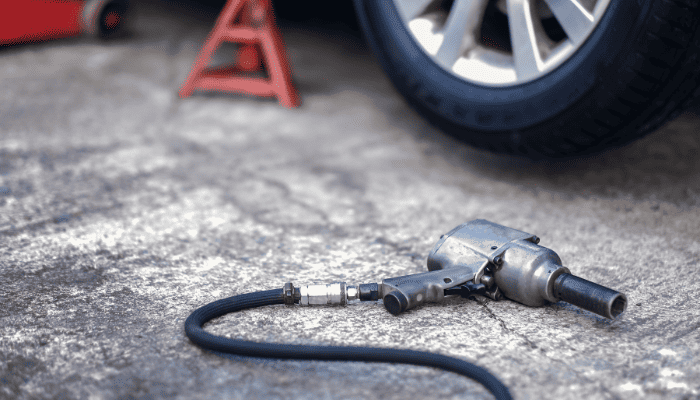Ans: Torque wrenches are vital for any mechanic, and misuse or improper care can often lead to problems. Unfortunately, many common torque wrench problems may arise due to incorrect use. Here is a list of some of the most common issues associated with torque wrenches:
Read Also: How To Use A Craftsman Torque Wrench [Beginner Guide]
- Stripped fastener heads: If a bolt is tightened beyond its recommended value using a torque wrench, it can result in stripping the head. This can render the entire joint useless, as the stripped nut or bolt cannot be removed without damaging other components in the area.
- Over-tightening: A torque wrench should never be used to tighten bolts beyond their specified values as this can cause major damage to those components and other nearby parts that might form part of the same system or assembly line later on.
- Incorrect angle/direction readings: The accuracy and precision of an average torque wrench depend on how accurately you position it at an angle while applying force on it when tightening fasteners or screws etc., so any mistake here will lead to inaccurate results that may have serious consequences if ignored for too long. Therefore, double-check your positioning before using your torque wrench every time!
- Slipping clutch mechanism due to wear and tear: Torque wrenches feature clutches within them that allow us to adjust their settings according to our needs; however, these clutches tend to wear out over time, resulting in slipping under pressure and thus leading us towards incorrect torques wherever we apply them making them very dangerous tools indeed. This issue needs immediate attention from professionals like tool makers who specialize in repairing such kinds of instruments.
- Lastly, calibration errors resulting from temperature changes: Like most tools, temperature changes tend effect significantly affect the accuracy of results while measuring tension with these kinds of gadgets; hence they must be calibrated regularly by professional technicians; otherwise, wrong readings could put us at risk during critical applications like safety-related ones where even slight error would prove disastrous!
In a nutshell, though proper maintenance greatly helps reduce possible errors emanating from usage mistakes, regular servicing is necessary for precise results every single time!







